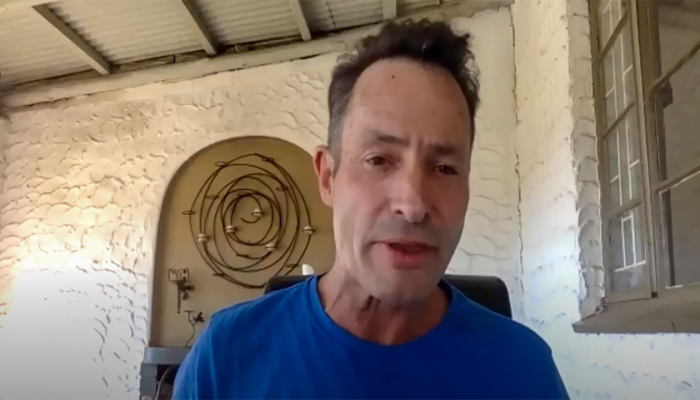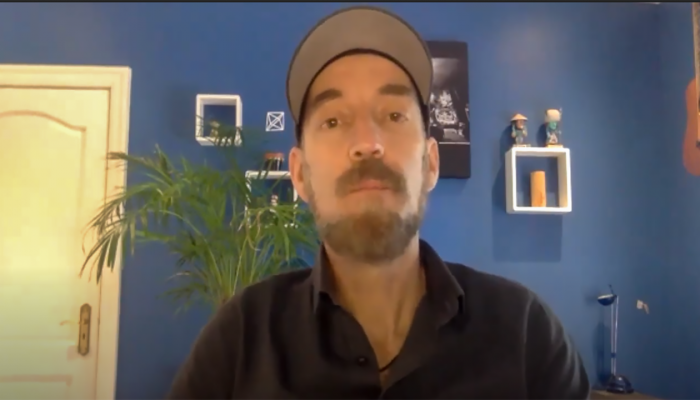As the local market begins to establish itself, efforts to beneficiate raw cannabis and hemp and create value-add through manufacturing are important to realise the sector’s true economic potential.
Sibusiso Xaba, CEO of African Cannabiz Advisor, told a webinar hosted by GIBS, the Cheeba Cannabis Academy and the Cannabis Organisation of the University of Pretoria: “South Africa is very enthusiastic about growing and cultivation, but we need to understand how we can formulate end products to meet certain needs, whether it be medicinal or wellness. We run the risk that we become very good growers while everything else in terms of intellectual property and processing happens in Europe and the United States.”
“Strategy and collaboration are so important if we want to have an industry that is competitive over a sustained period of time,” he said.
Tebogo Tlhopane, the owner and CEO of complementary medicine business, Biomuti, explained: “We need to build an industry here at home and make sure we are manufacturing and exporting a finished product. If we don’t build this capability and capacity, beneficiation will be an afterthought, as it was with the development of our mining industry.”
The South African cannabis market - strengths and opportunities
The global legal cannabis market is expected to be worth US$103.9 billion by 2024, driven mostly by the burgeoning international medicinal cannabis market, CEO of Cheeba Africa, Trenton Birch, explained. In Africa, the legal cannabis industry is estimated to be worth US$7.1 billion annually by 2023.
According to Xaba, the South African government has given strong indications that “we want this to be a priority industry”. However, progress has been stalled by the lack of a legislative and regulatory framework, with 29 medical cannabis licenses issued from approximately 200 applications.
The South Africa cannabis industry boasts several advantages, he explained:
- The country’s advanced infrastructure will enable the industry's growth faster than any other country on the continent.
- With specialists in pharmaceuticals, agriculture, and engineering, the skilled and mature labour force means the industry is well-positioned for growth.
- Agricultural opportunities include large-scale hemp production and bespoke growing techniques of medicinal cannabis.
CEO of Silverleaf Investments, Pierre van der Hoven, said South Africa’s low cost of production is a distinct competitive advantage, as are the country’s existing trade ties with the European Union.
South Africa’s well-regarded cannabis brand and international reputation for quality strains, such as Durban Poison, are major advantages that need to be protected and capitalised on, Brett Hilton-Barber, founder and publisher of Cannabiz Africa, said. “Africa has a story to tell, which is great for brand development,” he noted.
“Durban Poison is very well known globally, and we must protect the brand as it belongs to us,” Tlhopane said. He suggested a protected designation of origin be awarded to the variety, similar to that granted to products such as champagne, feta, Irish whiskey and rooibos tea.
Business opportunities across the value chain
Entrepreneurs wanting to invest in the cannabis industry should look beyond cultivation to the broader value chain where opportunities exist in infrastructure, ancillary services, hemp processing for paper and biofuel and retail, Tlhopane said.
Hilton-Barber said a multitude of investment opportunities lay in packaging and compliance. “We need more collaboration around African suppliers going into Europe and developing standard units for export. Packaging, compliance and safety will be very specialist and niche, but that is where the immediate opportunities are.”
Xaba said expertise is needed to support the growth of the cannabis industry.
- Skills are required to understand genetics and how these can be applied to growing processes and climate for the registration of intellectual property.
- Compliance is necessary around cultivation to enhance growing outputs and yields of operations.
- There is a significant need for labs and testing for medicinal cannabis – a deficit of high-quality testing of cannabis products in local laboratories means producers have to ship products to the Netherlands, putting South Africa at a disadvantage.
Foreign investment appetite into the African cannabis market has fluctuated over the past three years since Canada became the first country to legalise its recreational use in 2018. While most initial foreign direct investment went into cultivation, processing and laboratories in Lesotho, many foreign investors have since chosen to focus on their home markets of the US and Canada, which has resulted in a capital deficit in the industry, Xaba explained.
According to Hilton-Barber, barriers to entry for investors are exceptionally high in the absence of a proper regulatory framework “that is as inclusive of as many people as possible”.
He mentioned the recent deal between Distell and Remgro’s venture capital firm, Invenfin, to invest in cannabis wellness brand Rethink and its owner Releaf Pharmaceuticals. The deal will see Distell, Invenfin and Releaf work together on building a portfolio of cannabis-based brands across various product categories, including CBD oils, capsules, teas and skincare goods.
“Despite government’s good intentions, the cannabis reform spirit isn’t translating into economic opportunities, except for those with deep pockets and their eyes on the longer-term horizon. It is very frustrating for mid-level entrepreneurs without a proper legal framework to know where to invest their money. While cannabis has the potential to become a unifying positive post-Covid economic recovery vehicle, it could create a further divide and exacerbate inequality,” he said.











